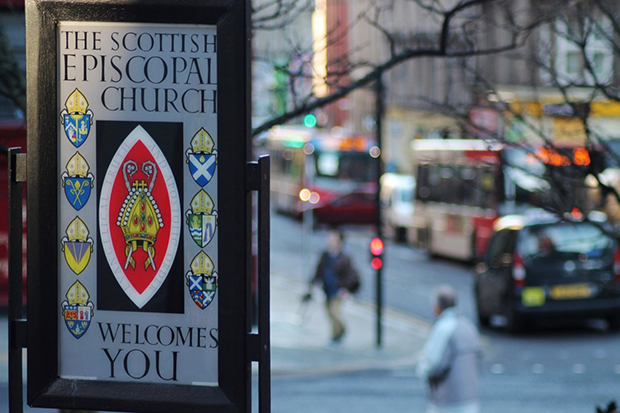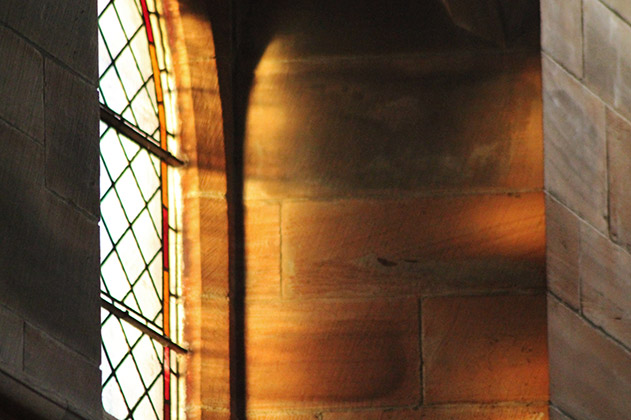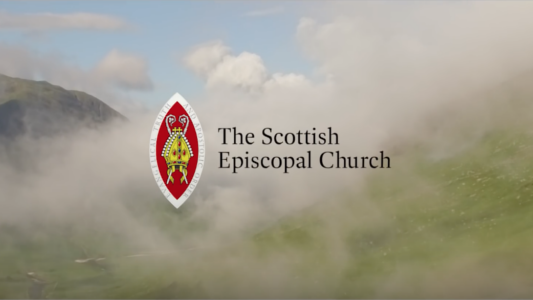The Most Rev David Chillingworth, Bishop of St Andrews, Dunkeld & Dunblane and Primus of the Scottish Episcopal Church says:
“The decision of the United Kingdom to leave the European Union is an event with far-reaching consequences, many of which have not yet become visible. In those parts of the United Kingdom which have devolved administrations, particularly in Scotland, the Brexit debate had a slightly different feel. That difference was most clearly seen when the vote in Scotland was in favour of ‘remain’.
“The Scottish Government has announced that it intends to seek permission for a second Independence Referendum. Such a request is not unexpected. It reflects a continuing weakness in the relationship between the Scottish Government and the British Government. They have found it difficult to give creative consideration to the implications of this new situation together. That difficulty reflects a wider failure to make space for a debate about how the devolved nations will relate together in the future, but at this moment, refusal on the part of the British Government to allow a second referendum would inevitably give rise to further ill-feeling in relationships.
“Scotland is already a distinct national entity. It is rich in its history and culture. The Brexit debate has revealed that Scotland is also distinct in its values. The ‘independence question’ is an opportunity for a community to discuss and resolve whether its distinctiveness is such that it justifies separate constitutional arrangements and is therefore a question of national self-determination. Beyond that lie wider questions about Scotland’s relationships in the wider world and its future in challenging economic times.
“Faith communities in general have adopted a position of active neutrality in response to this issue. They should exercise care about adopting positions ‘for or against’ on constitutional issues. But faith communities also care deeply about the quality of the national conversation – about the need for all voices to be heard respectfully. It is also important that the debate attempts to do justice to the depth and the complexity of the issues and does not become over-focused on the single issue of constitutional status.
“People of faith will pray for our political leaders on all sides and will also pray for the future of Scotland and of all the nations of the British Isles.”







